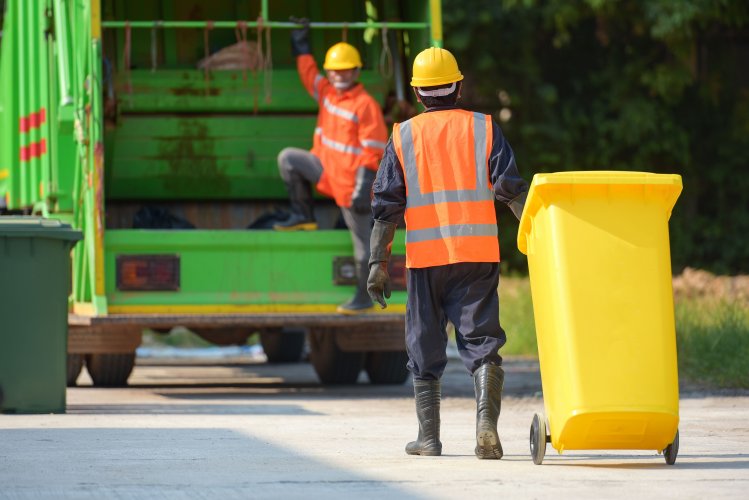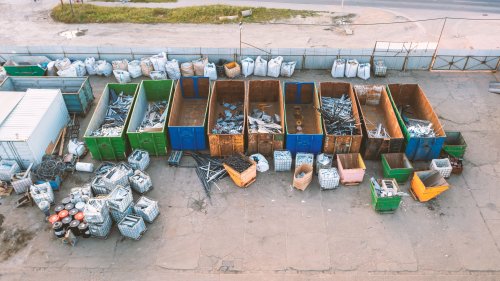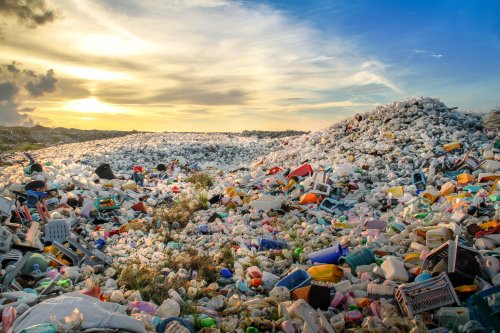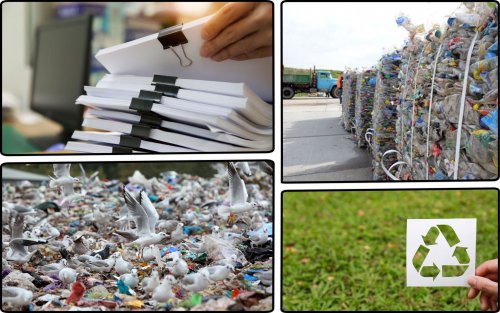The Cabinet of Ministers approved the Procedure for the development of regional waste management plans, which establishes uniform approaches to the strategic planning of waste management in the regions.
This became the next step for the implementation of garbage reform in Ukraine, reports the Government portal.
The Minister of Environmental Protection and Natural Resources, Ruslan Strelets, emphasized that for the implementation of such a reform, it is important to determine the most optimal models of waste management for each region at the initial stages. They should cover real needs, necessary infrastructure, technologies and methods.
"Such planning will form the basis of a top-level national plan. This is one of the requirements of the framework law 2320-IX, which will enter into force on July 9 this year," he said.
It is noted that the government has adopted another important decision for a major reform in the field of the environment, namely the Procedure for maintaining the State Register of special permits for the use of subsoil.
"We are actually at the finish line in the normative support of the reform of subsoil use in Ukraine. We are currently transferring the administration of special permits to the digital plane," the message reads.
Strelets emphasized that this will allow Ukrainians to receive reliable information about natural resources in a single Register. In particular, with respect to each beneficiary, permit holder and land plot. In addition, investors will have free and free access to all geological information and obtain permits without excessive bureaucracy.
He noted that the simplification of administrative processes will increase the investment attractiveness of the industry and the rational use of natural resources.
Earlier, EcoPolitic wrote, that in Ukraine, online issuance of special permits was launched in the electronic account of the subsurface user on the EkoSystem platform.
As EcoPolitic previously reported, the Cabinet of Ministers approved the order household waste management in special conditions, in particular, in areas of active hostilities, during the liquidation of the consequences of man-made, natural, or military emergencies.





